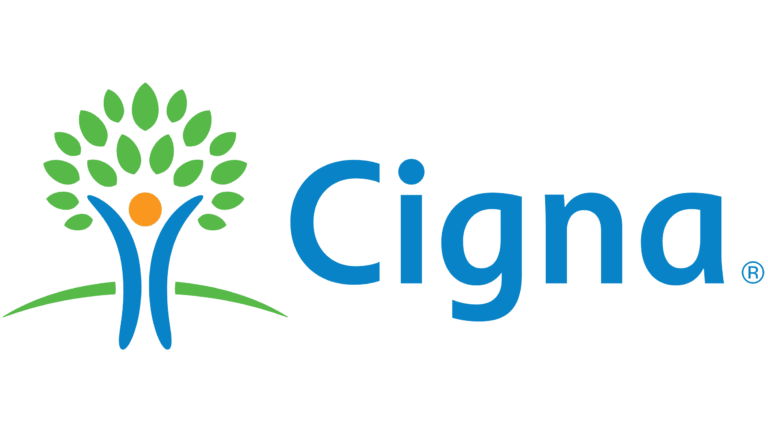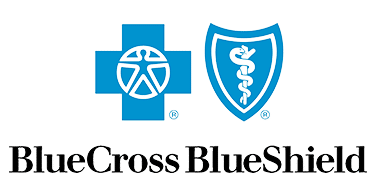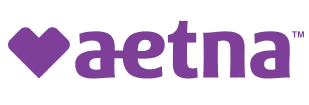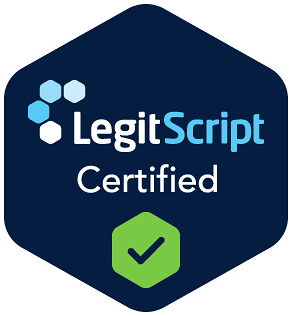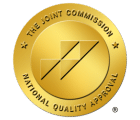When someone begins the recovery journey, they’re often introduced to various support systems and treatment options, including the 12-step model. Two of the most widely recognized 12-step programs are Alcoholics Anonymous (AA) and Narcotics Anonymous (NA). Both offer powerful tools for building and maintaining sobriety, but if you’re new to recovery, you might be wondering: What’s the difference between AA and NA?
At Palm Beach Recovery Center, education is crucial to the recovery process. Understanding the distinctions between AA and NA can help individuals find the group that best supports their unique needs and experiences. Whether in active treatment or looking for long-term peer support, this guide will help you navigate these two essential recovery programs.
Difference Between AA and NA’s Foundations
Before diving into the differences, it’s essential to acknowledge that AA and NA share many core principles. Both programs are based on the original 12-step philosophy developed by the founders of Alcoholics Anonymous in the 1930s. The 12 steps provide a spiritual (not necessarily religious) framework for healing, personal accountability, and continued growth in recovery.
Both AA and NA emphasize:
- Peer support through regular meetings
- Anonymity to protect members’ privacy
- Sponsorship and mentorship
- The importance of service and helping others
- Acceptance of addiction as a disease
- Working the 12 steps to achieve lasting recovery
These programs also provide a safe, judgment-free space where people can openly discuss their struggles and successes. For many, the camaraderie and shared experiences found in AA and NA play a vital role in staying sober beyond formal treatment.
What is Alcoholics Anonymous (AA)?
Alcoholics Anonymous is the original 12-step fellowship, specifically designed for people recovering from alcohol addiction. AA meetings typically focus on issues related to alcohol use, and participants are encouraged to identify themselves as “alcoholics” when sharing.
AA uses the “Big Book,” formally titled Alcoholics Anonymous, as its primary text. This book outlines the 12 steps, shares personal stories of recovery, and serves as a central guide to the AA philosophy.
Meetings may vary in format—some are open to the public, others are closed for members only—but all follow the basic AA traditions of honesty, openness, and mutual support. AA is ideal for individuals who identify alcohol as their primary substance of concern, although it welcomes anyone who wants to stop drinking.
What is Narcotics Anonymous (NA)?
Narcotics Anonymous was founded in the 1950s to offer a similar support structure for people recovering from drug addiction. Unlike AA, which is alcohol-specific, NA addresses addiction in a broader sense. This inclusivity makes NA a good fit for individuals who have struggled with multiple substances, including heroin, cocaine, prescription drugs, methamphetamine, or even alcohol.
NA’s central text is the Basic Text, which outlines the program’s philosophy, personal stories, and principles. The language in NA meetings tends to refer to “addiction” rather than naming specific substances, which allows individuals with various drug histories to feel included and understood.
NA meetings follow a format very similar to AA, with many of the same traditions and structure. However, the inclusive language and focus on all forms of substance use disorder set it apart as a more generalized recovery community.
Choosing Between AA and NA
While both AA and NA are potent tools for recovery, choosing the right one often depends on your personal history, comfort level, and the type of support you’re seeking. Here are a few things to consider:
- Primary Substance: If alcohol were your primary drug of choice, AA might feel more relatable. If your addiction involved other substances—or multiple substances—NA may provide a broader perspective.
- Language and Terminology: AA meetings focus on alcoholism and use terms like “alcoholic.” NA uses more general language, referring to “addicts” and “addiction” without singling out specific drugs.
- Availability and Community: Depending on your location, you may find more AA meetings than NA, or vice versa. Many people attend both and decide which environment feels more supportive.
- Meeting Style: Some individuals connect more with the tone, format, or personalities in one group over the other. It’s perfectly acceptable to try out different meetings and find the one that feels right.
It’s also common for people to attend both AA and NA meetings, especially early in recovery. The core principles are so similar that there’s significant crossover, and the most important thing is finding a supportive community where you can grow.
The Role of 12-Step Programs in Treatment
At Palm Beach Recovery Center, we incorporate the 12-step philosophy into our treatment programs. While not everyone chooses to follow the 12-step path long-term, these principles provide a foundation for self-awareness, accountability, and connection in early recovery.
We encourage our clients to explore the difference between AA and NA, and attend meetings during their time in treatment and after discharge. Attending meetings, working with a sponsor, and building a recovery network can significantly improve outcomes and reduce the risk of relapse.
Many of our alumni find lasting connections in these communities, which help support long-term sobriety and mental well-being.
Find the Right Path to Recovery
Choosing between AA and NA isn’t about which one is “better”—it’s about which one resonates with your journey. The difference between AA and NA is essential to consider when seeking help. Whether you’re recovering from alcohol, opioids, stimulants, or a combination of substances, there is a place for you in the 12-step community.
At Palm Beach Recovery Center, we believe in personalized, compassionate care that addresses the whole person. Our 12-step-compatible programs in South Florida offer structure, support, and real solutions for individuals ready to break free from addiction. Contact us today to begin your journey.


